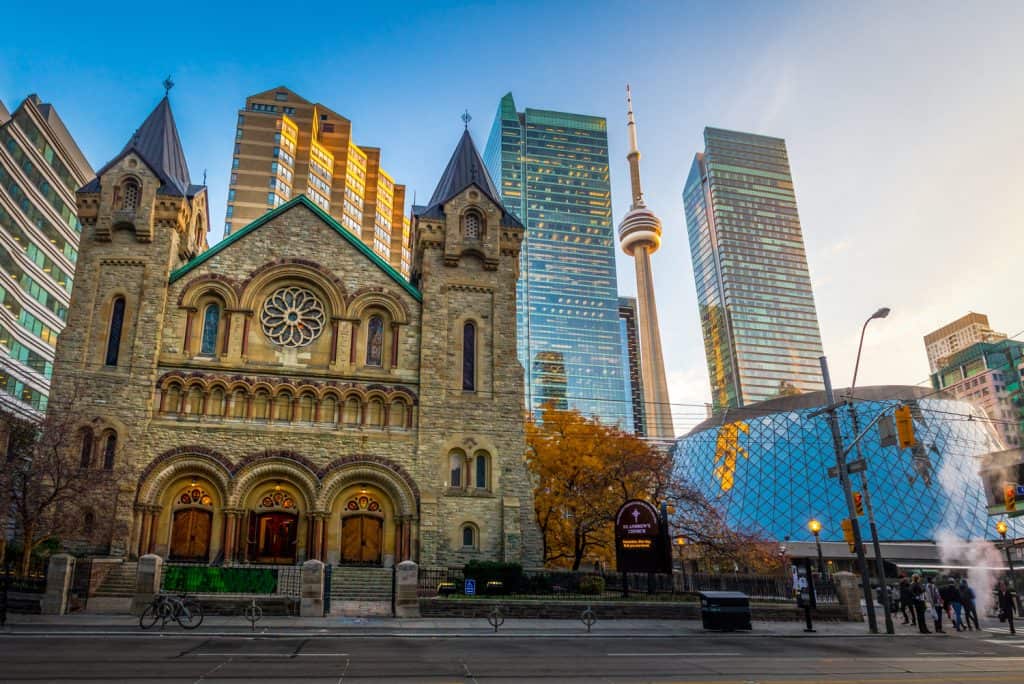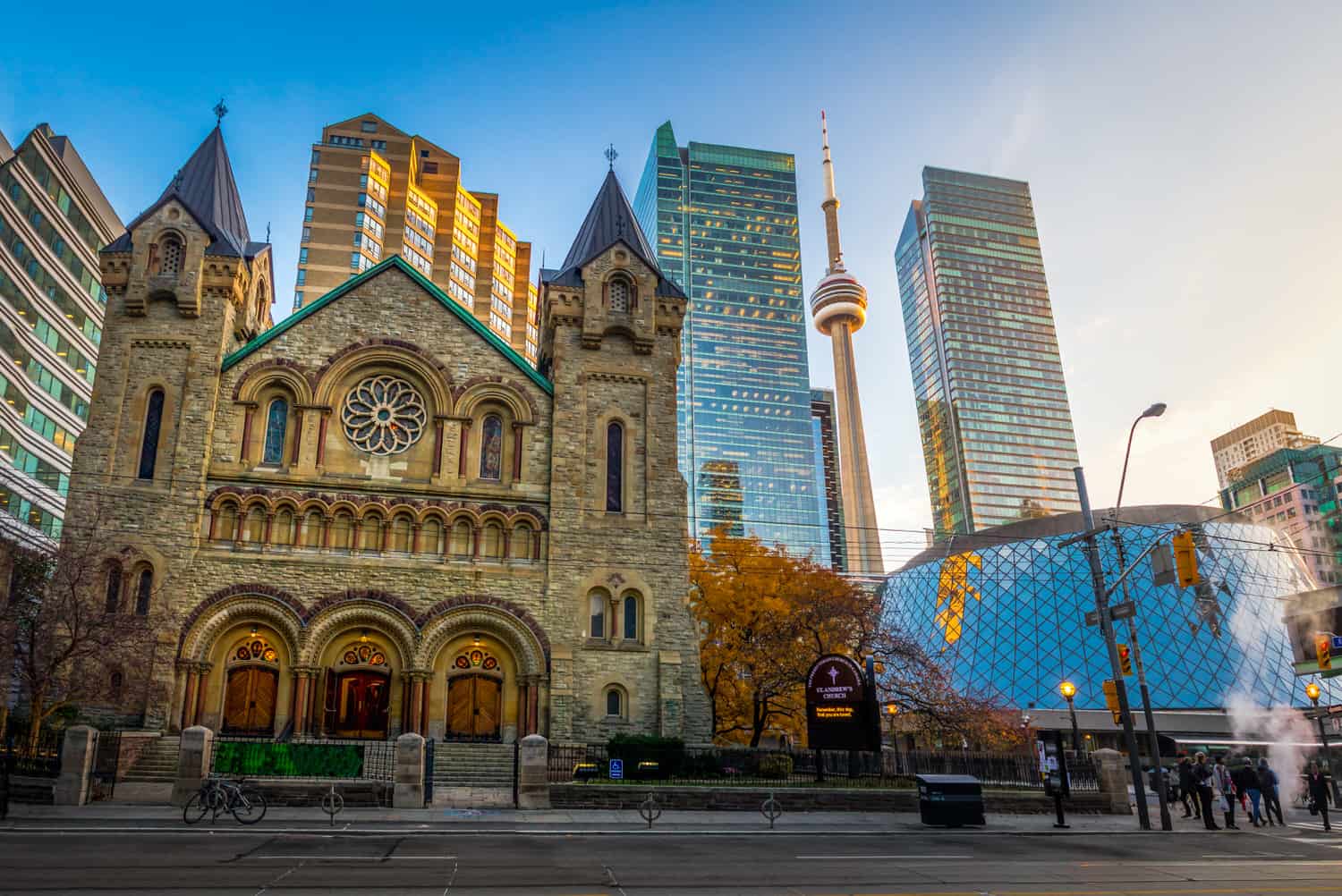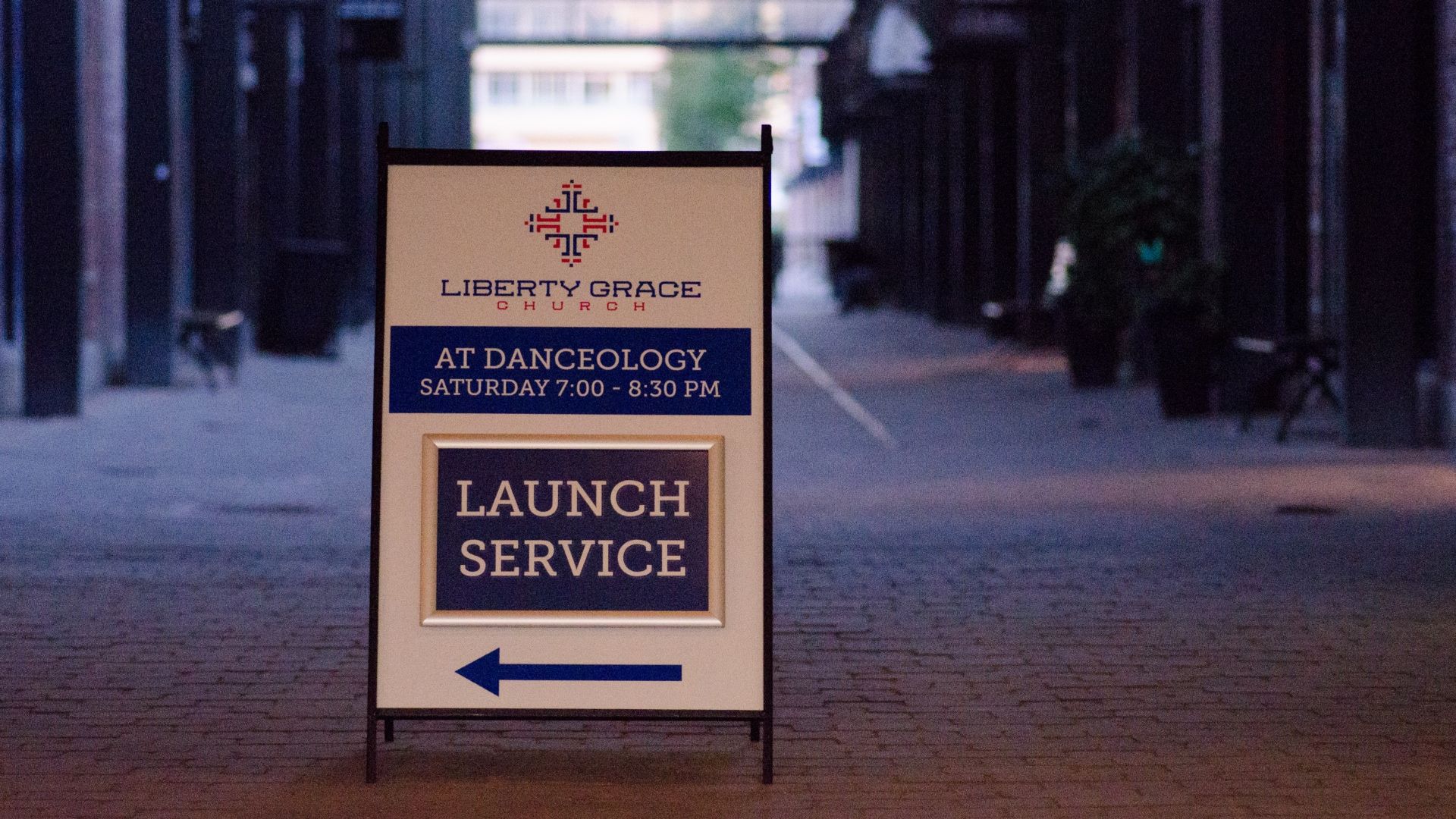The Truth About Church Planting


When people ask me how the church plant is going, I never know how to answer. There’s good news to report, of course, but it’s never all good. Mostly it feels ordinary, with regular setbacks, with alternating bouts of encouragement and despair.
John Starke captured this in a recent series of tweets:
What should be communicated to potential city church planters is how unsexy, often humiliating, confusing, tiring, & long-term it is.
— John Starke (@john_starke) January 13, 2017
He went on to say:
I talk to more homeless people than I do “cultural elites.”
Office space (if you can afford it) is often make-shift and uncomfortable. Dark, if not dirty.
And planters feel very alone, struggle with depression for the first in their lives, and don’t get paid well—often go into personal debt.
Big crowds and white-walled gallery events are primarily found on Instagram. 99% of it is just grit and sweat.
And most friends that you make will leave within a few years. Ministry partners, etc., The loneliness is staggering.
This isn’t a warning of “stay away!” Because the workers are few and there’s a lot to be done.
But most people are naturally drawn by the sexiness and excitement. That won’t sustain you when your commutes are crazy & rent is $4k/mo.
A week later, The Gospel Coalition ran a post on church planting in Chicago underlining how hard it is. “It’s hard work to plant a church in Chicago,” the post begins. Indeed. It’s hard to plant a church anywhere, and perhaps even harder in most urban centers. Planting is hard work. It involves slow growth, many obstacles, and occasional failure.
That’s the truth about church planting: it’s harder than you think, but still worth doing. We must be honest about the cost and the value of church planting.
It’s Supposed to Be Hard
We shouldn’t be surprised that church planting is hard. Every time I feel surprised, I return to 2 Timothy 2, where Paul tells Timothy:
Share in suffering as a good soldier of Christ Jesus. No soldier gets entangled in civilian pursuits, since his aim is to please the one who enlisted him. An athlete is not crowned unless he competes according to the rules. It is the hard-working farmer who ought to have the first share of the crops. Think over what I say, for the Lord will give you understanding in everything. (2 Timothy 2:3-7)
Ministry is hard. It’s meant to be. It involves suffering, focus, obedience, and hard work. Unless we understand this, we’re not ready for ministry.
Kent Hughes riffs on just one of the images that Paul gives us:
The farmer’s life involved: 1) early and long hours because he could not afford to lose time; 2) constant toil (plowing, sowing, tending, weeding, reaping, storing); 3) regular disappointments—frosts, pests, and disease; 4) much patience—everything happened at less than slow motion; and 5) boredom.
I’ve experienced every one of these in ministry, and I’ve especially experienced the first four — long hours, constant work, regular disappointments, and patience — in church planting. It’s the nature of the work. (I haven’t experienced as much boredom in planting, however.)
I love that Paul ends this passage by asking Timothy to pause and think about the cost. “Think over what I say, for the Lord will give you understanding in everything,” he says. Don’t gloss over the cost. Really think it over.
Planting, like all kinds of ministry, is supposed to be hard. When we admit that planting is hard, we’re being biblical. “Church planting is a long hard slog,” says Ed Stetzer, “that leads to some beautiful and wonderful results—just don’t let conferences become illusions that distract you from the real and wonderful thing.” It’s hard. That’s just the nature of the task. Expect it.
Still Worth It
Despite the hardness, it’s still worth it. Starke’s second-last tweet in his series said:
This isn’t a warning of “stay away!” Because the workers are few and there’s a lot to be done.
Paul said the same thing:
Therefore I endure everything for the sake of the elect, that they also may obtain the salvation that is in Christ Jesus with eternal glory. (2 Timothy 2:10)
Why did Paul endure all the trials of church planting? Because he believed that God would save people, who would then obtain salvation through Jesus. All the difficulties of planting are worth it for that reason.
The difficulties involved in planting make it crucial for us to find a motivation to keep going. Our motivation isn’t ease, comfort, or even results. It’s God’s glory, and the need to bring the gospel to those who’ve never heard it.
Finding Strength to Plant
We’ll never find the strength to plant on our own. It’s why Paul begins 2 Timothy 2 by focusing on Jesus. “You then, my child, be strengthened by the grace that is in Christ Jesus” (2 Timothy 2:1). And it’s why he ends the passage by focusing on God’s faithfulness (2 Timothy 2:11-13).
We will only find strength to plant when we’re strengthened in Jesus.
In the post in planting in Chicago, Jon Dennis says, “There’s a little parody that says church planting takes piles of cash, skinny jeans, and a tattoo. In reality, it takes longevity and a deep, authentic knowledge of God.” Want to be a planter? Knowing God is the only way you’re going to make it.
Matt Chandler says, “Church planting is not motivated by strategy, but adoration for Jesus Christ.” Want to last as a planter? That’s the only motive that will see you through.
My friend, Matt Hess, is planting a church on the east side of Toronto. He wrote this on Facebook last week:
When God called us to plant churches I knew nothing about church planting and very little about God’s grace. Five years later I have learned a little about church planting but I have learned infinitely more about God’s grace. I’m convinced more than ever that if we prioritize prayer and abiding in Christ that God will build His church for His glory.
That, in the end, is the key to planting a church. It’s hard, and it’s worth it. But the only way we’ll find the strength is to stay connected to Jesus.
Here’s the truth about church planting: it’s much harder than you’d think. It’s going to involve all kinds of work and suffering, and the results will sometimes seem meager. But it’s worth it. If God has called you to plant, expect it to be hard. Be strengthened by the grace that’s in Christ Jesus. It’s the only way you’re going to survive.






